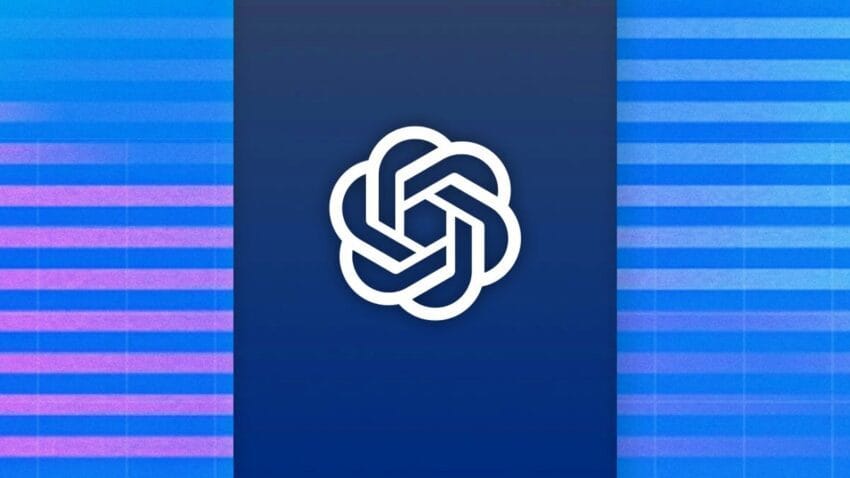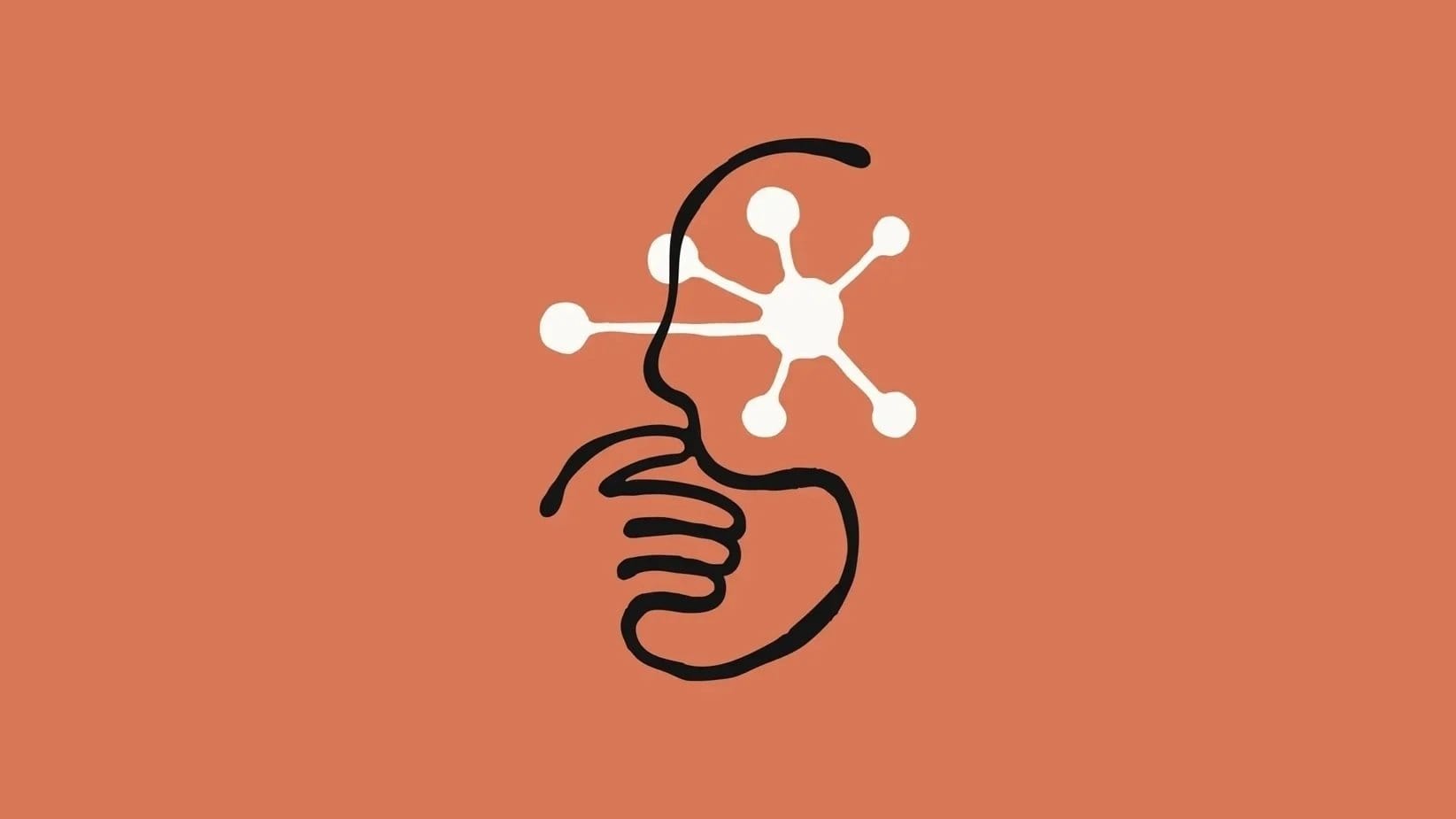
openai releases big upgrade for chatgpt codex — OpenAI has announced a significant update for Codex, its agentic coding tool, enhancing its capabilities and usability for developers and businesses alike..
OpenAI has announced a significant update for Codex, its agentic coding tool, enhancing its capabilities and usability for developers and businesses alike.
openai releases big upgrade for chatgpt codex
Overview of the Update
openai releases big upgrade for chatgpt codex: key context and updates inside.
OpenAI’s Codex, a powerful tool designed to assist in programming tasks, has received a major upgrade that aims to improve its functionality and user experience. This update is particularly relevant for developers who rely on AI to streamline their coding processes. The enhancements are expected to make Codex more adept at understanding complex coding requests and generating accurate code snippets, thereby increasing productivity and efficiency.
Key Features of the Upgrade
The latest version of Codex introduces several new features and improvements that cater to the evolving needs of developers:
- Improved Natural Language Understanding: The upgrade enhances Codex’s ability to interpret and respond to natural language queries. This means that developers can interact with the tool in a more conversational manner, making it easier to specify coding requirements.
- Expanded Language Support: Codex now supports a wider range of programming languages, allowing developers to work in their preferred coding environment. This includes popular languages such as Python, JavaScript, and Ruby, among others.
- Enhanced Code Generation: The code generation capabilities have been refined, enabling Codex to produce more accurate and contextually relevant code snippets. This improvement is particularly beneficial for complex projects that require nuanced coding solutions.
- Integration with Development Environments: The update allows for better integration with popular Integrated Development Environments (IDEs) and code editors. This seamless integration facilitates a smoother workflow for developers, enabling them to leverage Codex’s capabilities without disrupting their coding environment.
- Debugging Assistance: The new version includes features that assist in debugging code. Codex can now identify potential errors and suggest corrections, making it a valuable tool for both novice and experienced programmers.
Implications for Developers
The enhancements to Codex are poised to have a significant impact on the developer community. As coding becomes increasingly complex, the need for tools that can simplify and expedite the development process is paramount. The improved natural language understanding allows developers to communicate their needs more effectively, reducing the time spent on clarifying requests and increasing overall productivity.
Increased Efficiency
With the enhanced code generation capabilities, developers can expect to spend less time writing boilerplate code and more time focusing on the unique aspects of their projects. This shift not only accelerates the development cycle but also allows developers to allocate their time and resources more strategically.
Broader Accessibility
The expanded language support means that a more diverse range of developers can benefit from Codex. Whether a developer is working on a web application using JavaScript or a data analysis project in Python, Codex can now cater to their specific needs. This broad accessibility can help democratize coding, making it easier for individuals from various backgrounds to engage with programming.
Stakeholder Reactions
The release of the updated Codex has garnered attention from various stakeholders within the tech industry. Developers, businesses, and educators have expressed their thoughts on the implications of this upgrade.
Developer Community
Many developers have welcomed the update, noting that the improvements align with their needs for more efficient coding tools. The ability to interact with Codex using natural language has been particularly praised, as it simplifies the process of obtaining coding assistance. Developers have reported that they can now generate code snippets with greater accuracy and relevance, which is essential for maintaining high-quality standards in their work.
Business Leaders
Business leaders in the tech sector have also reacted positively to the upgrade. Companies that rely on software development are keen to leverage tools that enhance productivity and reduce time-to-market for their products. The integration of Codex into existing development workflows is seen as a strategic advantage, allowing businesses to innovate more rapidly and respond to market demands more effectively.
Educators and Students
In educational settings, the updated Codex is viewed as a valuable resource for teaching programming concepts. Educators believe that the tool can help students grasp complex coding principles more easily, as it provides immediate feedback and assistance. This interactive learning approach could foster a new generation of programmers who are more adept at using AI tools in their coding practices.
Contextual Background
OpenAI’s Codex is built on the foundation of the GPT-3 model, which has been widely recognized for its natural language processing capabilities. Codex was specifically trained on a diverse range of programming languages and code repositories, enabling it to understand and generate code effectively. The initial release of Codex marked a significant milestone in the intersection of artificial intelligence and software development, as it provided developers with a powerful tool to enhance their coding capabilities.
Evolution of AI in Coding
The evolution of AI in coding has been marked by a growing recognition of the potential for machine learning models to assist developers. As software development becomes more complex, the demand for tools that can simplify coding tasks has increased. OpenAI’s Codex represents a significant step forward in this regard, as it not only assists with code generation but also enhances the overall coding experience.
Future Prospects
Looking ahead, the future of Codex and similar AI-driven coding tools appears promising. As OpenAI continues to refine its models and gather user feedback, further enhancements are likely to emerge. The potential for Codex to integrate with other AI technologies, such as machine learning and data analytics, could open new avenues for innovation in software development.
Potential Challenges
Despite the positive reception of the update, challenges remain. One concern is the potential for over-reliance on AI tools, which could lead to a decline in fundamental coding skills among developers. It is essential for the developer community to strike a balance between leveraging AI assistance and maintaining their coding proficiency.
Ethical Considerations
Additionally, ethical considerations surrounding the use of AI in coding must be addressed. Issues related to code ownership, intellectual property, and the potential for bias in AI-generated code are critical topics that require ongoing discussion. OpenAI has emphasized its commitment to responsible AI development, but the implications of AI in coding will continue to evolve as the technology advances.
Conclusion
The recent upgrade to OpenAI’s Codex marks a significant advancement in the realm of agentic coding tools. With improved natural language understanding, expanded language support, and enhanced code generation capabilities, Codex is set to transform the way developers approach coding tasks. The positive reactions from the developer community, business leaders, and educators underscore the tool’s potential to enhance productivity and accessibility in software development.
As the landscape of coding continues to evolve, the role of AI tools like Codex will likely become increasingly prominent. While challenges and ethical considerations remain, the advancements made in this latest update signify a step forward in harnessing the power of artificial intelligence to support developers in their work.
Source: Original report
Related: More technology coverage
Further reading: related insights.
Further reading: related insights.
Further reading: related insights.
Was this helpful?
Last Modified: September 1, 2025 at 6:44 pm
5 views















